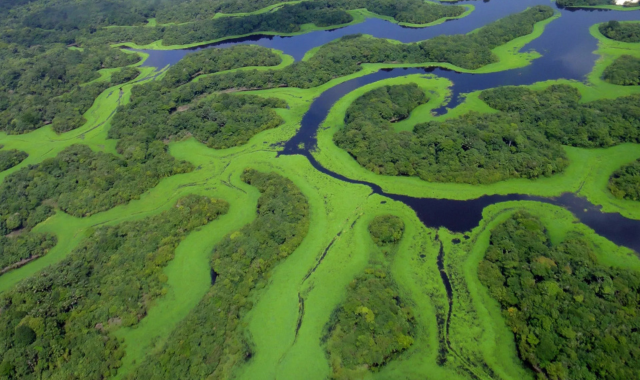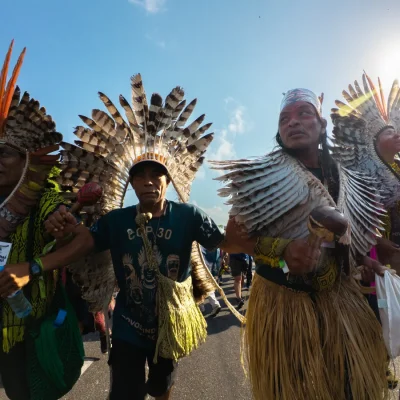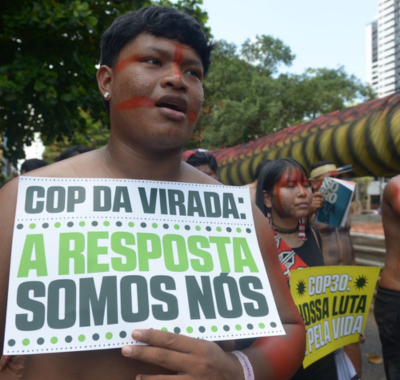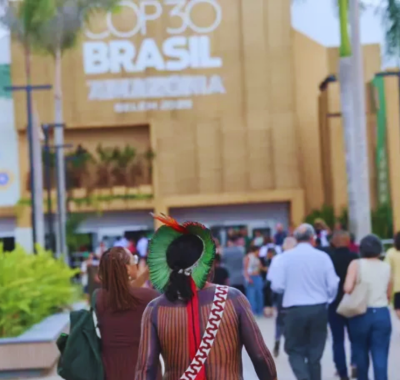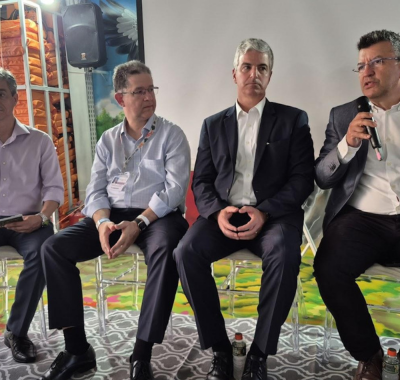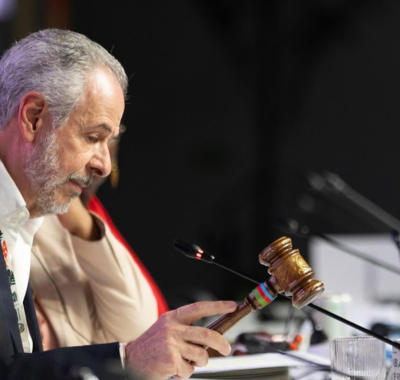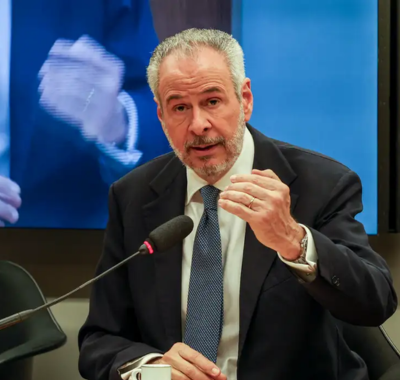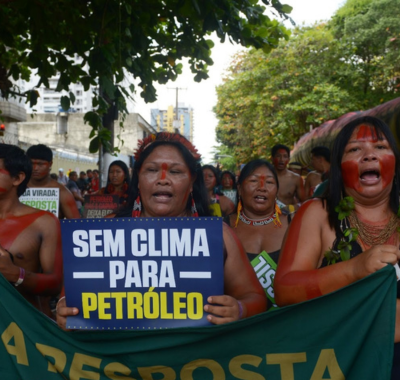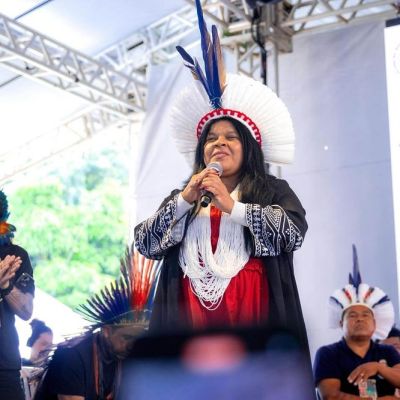Government and NGOs secure US$120 million for protected areas with traditional peoples in the Amazon
New phase of program launched 23 years ago will strengthen 60 federal and state-protected areas
Author: Aldem Bourscheit
Translation: Roberto Cataldo/Verso Tradutores
Launched 23 years ago in South Africa, a decade after Rio92, ARPA (the Amazon Region Protected Areas Program) will receive an additional US$120 million to strengthen communities in extractive reserves and other sustainable use conservation units in the Amazon.
“These protected regions will provide essential resources to communities, enabling them to achieve prosperous lives in a way that sustains both their families and the environment,” said WWF-Brazil executive director Mauricio Voivodic.
The funds, now almost R$640 million, will be provided over 15 years to cover an area similar to that of the United Kingdom, or 23.6 million hectares. The plans also include creating and expanding environmental reserves, which will add another three million hectares.
The 60 conservation units that will receive the investments through contracts between government agencies and the Brazilian Biodiversity Fund (FUNBIO) – the manager and executor of ARPA resources – are home to an estimated 130,000 people, including extractive communities, small producers, and other traditional populations.
According to Brazil’s Minister of the Environment Marina Silva, benefiting them will strengthen the protection of the equatorial forest. “That’s only possible if we do this ‘feedback’ process where good management and implementation of conservation units occur in partnership with the communities,” she said.
According to the government, the investments will serve to strengthen economies and activities disconnected from deforestation, such as improving production and flow of extractive products, but they will also provide access to the internet and electricity, prioritizing clean sources.
Aware of this, the president of the National Council of Extractive Populations (CNS), Júlio Barbosa de Aquino, pointed out that this can generate income and improve the quality of life for the population, as well as protect the territories and their natural resources. “We are going to see major progress,” he projected.
In this context, FUNBIO’s secretary-general, Rosa Lemos de S,á said that it will also benefit 130 community organizations whose work can reach annual revenues of US$130 million-US$170 million “derived from sustainable economic activities based on socio-economic products.”
“By linking resources to performance targets and essential political objectives for Brazil, we are providing intergenerational benefits for people and nature,” she said.
Forest roots
ARPA was established in September 2002 at Rio+10, the World Summit on Sustainable Development in Johannesburg, South Africa. “It’s a program that has survived even the worst governments,” said Marina Silva. “And that’s a lot to say.”
Since then, it has supported the creation of 27 million hectares of federal and state conservation units – an area similar to the states of São Paulo and Rio de Janeiro combined. It has also prevented the emission of 104 million tons of CO2 from 2008 to 2020 alone – the pollution that would have been emitted by 870,000 cars for a year, ((o))eco found.
The program’s main goal is to support the conservation and sustainable use of 60 million hectares, or about 15% of the Brazilian Amazon, by 2039. It is funded by international and national donors, such as the German government, the World Bank, the Gordon and Betty Moore Foundation, AngloAmerican, and WWF.
—
This report was produced by ((o))eco, through the Collaborative Socio-environmental Coverage of COP 30. Read the original report at: https://oeco.org.br/noticias/governo-e-ongs-garantem-us-120-mi-para-ucs-com-povos-tradicionais-na-amazonia/

